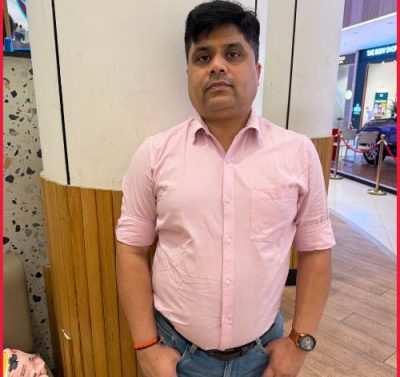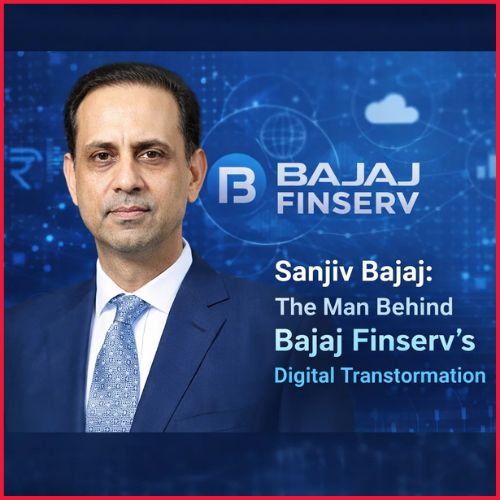Rajeev Misra, a former executive at SoftBank, founded the new firm One Investment Management, which raised $7 billion in the first close and made its first step into the Indian market by making an early investment in Shapoorji Pallonji through high-yielding debt.
According to Mint, Shapoorji Pallonji pledged its Tata Sons shares as collateral and raised Rs 14,300, or over $2 billion, from high-net-worth individuals and private credit investors last week. One Investment Management, according to Misra, was one of the investors in an interview with Moneycontrol on July 2.
According to Misra, One Investment Management invested in the Shapoorji Pallonji debt that is backed by Tata Sons shares. He said that for a period of two years, the investment conglomerate will receive interest on its loan at a rate of 20 percent in Indian Rupees, and that rate will drop to 17 percent if the debt is converted back to dollars.
“Having many assets is crucial for you. Because there will be cycles, it will occasionally be crucial to invest in early-stage technology. For example, currently, my fund has a $7 billion first closure, and we aim to go two to three times that, so it makes sense to be in credit where I am earning 15% returns, he added.
During an hour-long interview with Moneycontrol, Misra outlined One Investment Management’s intentions for capital deployment and contrasted them with those of SoftBank. Despite the fact that the US and Europe will be One Investment Management’s main geographical regions, he claimed that the fund would seek to invest in markets like India in ways that are best suited for risk-return tradeoffs.
“In my opinion, this offers a superior risk-adjusted return because my downside is hedged. There are numerous more investment possibilities in this area. As a result, it is crucial for investors to have an understanding of what asset class, what geography, and where they may obtain the best risk-adjusted return. In Latin America, debt investments are no longer viable. Then you might need to remain still for a bit,” he said.
“In India, we will concentrate on the next tier of conglomerates and tech firms with fair valuations. We have a comprehensive strategy, and we think that India’s per capita GDP will double along with the expansion of the nation’s GDP,” he continued.















